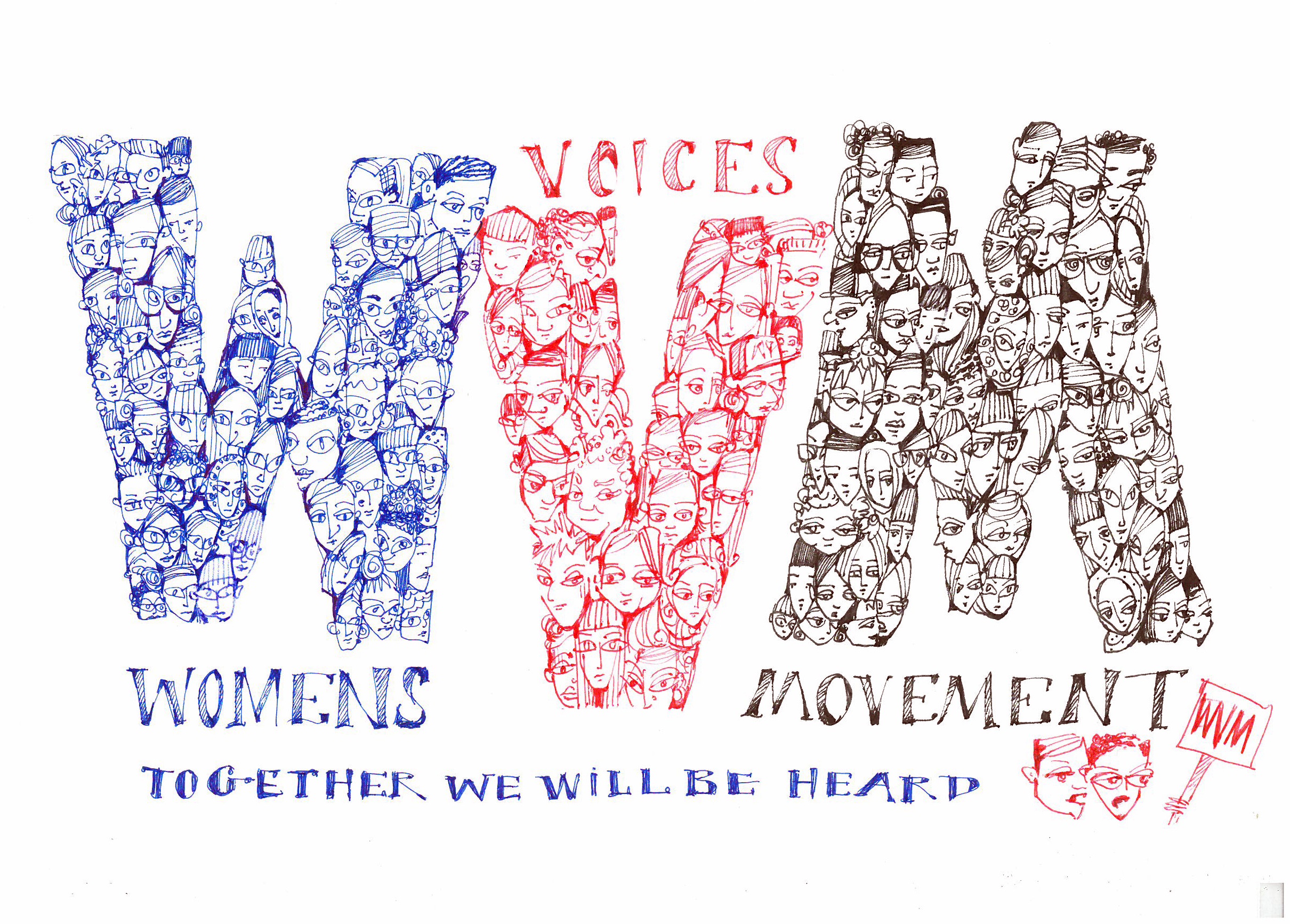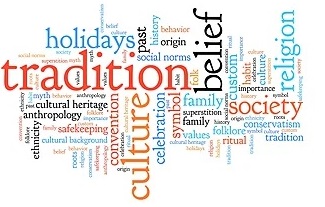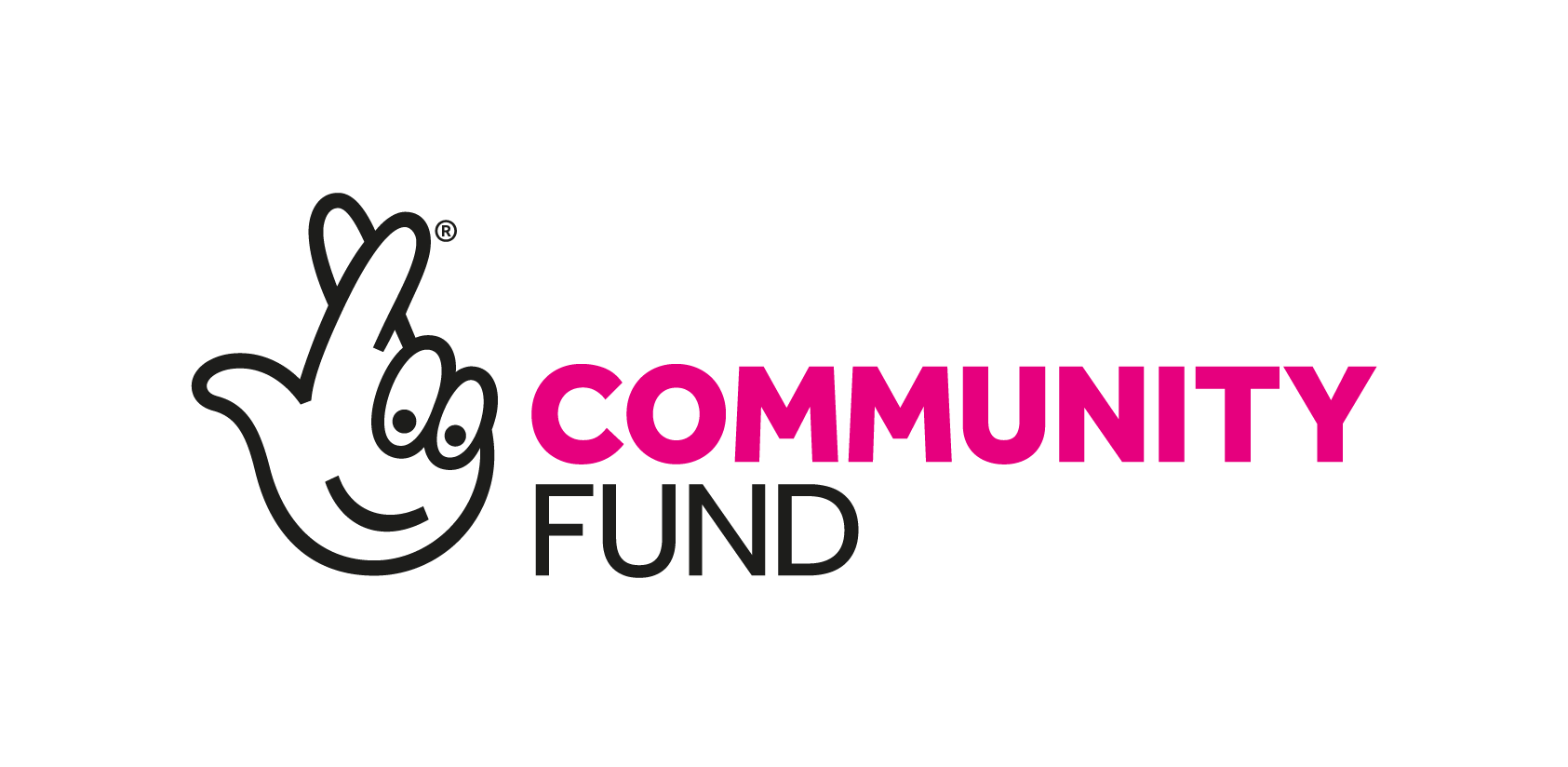
Women, Faith & Culture
I am a woman who was born into a family who has had strong beliefs in maintaining their tradition, culture and faith and I survived in a different society by holding onto those values and beliefs.
I will use this blog to describe my journey, to help others to understand the difference between tradition and faith.
Being a Muslim is all I’ve known growing up, as I was born into a Muslim family. I was introduced to the 5 pillars of Islam at a young age – around when I was 6 or 7 years old. In the beginning I didn’t take it seriously and I didn’t question anything. But I have seen and observed my parents practicing Islam; praying, fasting and travelling to do Haj, hearing the call for prayer 5 times a day.
Different local communities use tradition, culture and faith as a supportive safety network, amongst each other and the wider community.
Women from similar backgrounds to mine share similar experiences when it comes to following tradition and faith, accepting both, rejecting both or choosing between these options. I went through a journey to find the truth about what I want, rather than accepting that I was born into it – and to find more about the difference between my faith and my tradition.
My Truth is:
Faith
My relationship with my creator and worship (personal choice); not all Muslims are the same – we are all different and it’s down to different interpretations of Islam.
Tradition
Values that are passed from one generation to another and are often confused with faith – you don’t have to follow it, it’s a choice.
Every community has their own traditions, so we are all different.
Women face a lot of challenges and criticism from family, friends and the local community in general – when they decide against, or to not follow, tradition.
Not all tradition is negative; I choose to take the positive parts. Women from similar background to mine are treated differently from men, as they hold the upper hand and make decisions for women. Women are raised to respect and accept that men know better. Those are the traditions that I, and other women like me, refuse to accept.
I would like to raise awareness that a lot of harmful things like FGM, forced marriage, staying in abusive marriages – all done in the name of religion, but is nothing to do with faith – it is all down to bad traditions. I believe every society has their own traditional values but is up to the individual to take the good things from it.
A lot of communities are misunderstood because a lot of the general British public wouldn’t be able to differentiate tradition from faith; there is a need for marginalised communities to be given a platform to raise awareness so that other people can benefit from the services that are available to them and to receive the support they need.
There are fears, and lack of trust, in reaching out to authorities because of cultural and traditional barriers; so you can imagine that women, especially, are under a lot of pressure internally from family, community and externally from local authorities – when they are not receiving the support they need. This, in a lot of cases, plays into the favour of men when there are domestic abuse cases.
I have seen women who are struggling to receive the appropriate support they need, because of the confusion between faith and culture and I have experienced this myself. So, I believe and hope that organisations will be able to raise awareness amongst their staff members via training, consultation meetings with local communities and employing people with lived experience. By doing this, organisations are able to help, support and advocate, via information to local people, and work side-by-side with local authorities and agencies to build trust and relationships – and not fear to ask questions.
I would like to thank Women’s Voices and my work colleagues for giving me this opportunity to share my thoughts.
Women, Faith & Culture- Workshop
I was very lucky to have run a mixed-gender session with Women’s Voices and my work colleagues to have an open conversation about faith and culture. The session was attended by 13 people and consisted of:
– Breakout rooms to have smaller conversations about individuals own experiences of faith
– A fun quiz with multiple choice questions about Islam to see how much people knew about Islam already
– We then watched a video to easily explain the 5 Pillars of Islam
– A wider group discussion about faith and “myth busting” about what others say about Islam, taboos- slavery, leaving Islam, sex and relationships outside of marriage, different types of abuse, periods and women being “dirty”, not questioning (the faith or elders), patriarchs and matriarchs
We are now preparing for another session, to discuss these issues in more depth and hoping to focus on religion in general and how services can be more responsive and the impact of assumptions that prevent people from faith-based communities getting the support they need




